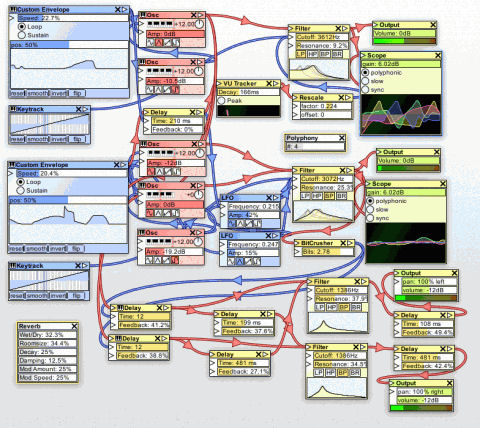Richard’s entry for the 60×60 project 2005 was played on June 12th on Max Shea’s Martian Gardens radio show (WMUA FM 91.1 Amherst, Massachusetts, USA).
60×60 is a concert containing 60 compositions from 60 different composers, each composition 60 seconds or less in duration. These 60 recorded pieces are performed in succession without pause one after another for a 1 hour concert. The performance is played in conjunction with synchronized analogue clock. At the top of each minute in the hour the domain of space for the composer has begun. Composers who have written works less than 60 seconds are strategically and artistically place within that minute; the rest of the minute is filled with silence until the next minute begins.
In Richard’s submission, entitled 60/168 and written especially for 60×60, a computer program uses the number 60 and its factors (1, 2, 3, 4, 5, 6, 10, 12, 15, 20 and 30) to create 168 musical events. Sixty events occur once a second, thirty occur every two seconds, twenty every three seconds, and so on. All events of the same time interval have the same pitch. Sixty events are then chosen at random and played over a MIDI synthesizer. Whenever the program runs, a different variation is heard.
Each of the 1.907 x 10128 possible variations lasts exactly one minute.
The final selection of 60 pieces will be made in September.
Martian Gardens
60×60 project (voxnovus.com)
[soundcloud url=”https://api.soundcloud.com/tracks/136299000″ params=”color=264f79&auto_play=false&hide_related=false&show_artwork=true” width=”100%” height=”166″ iframe=”true” /]



